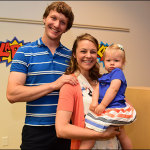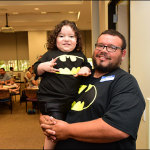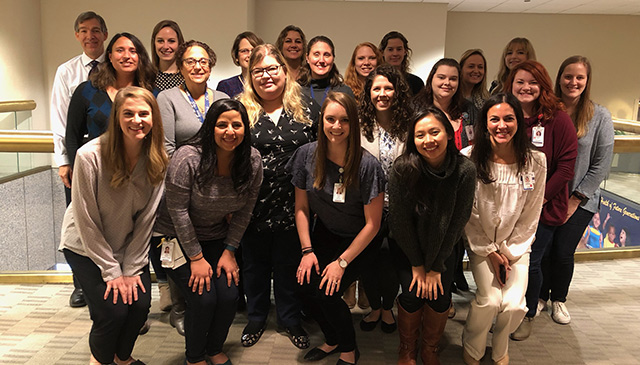
As part of National Genetic Counselor Awareness Day on November 14, Texas Children’s recognizes the important role our genetic counselors play every day for our patients and their families.
As one of the “25 Amazing Healthcare Support Jobs” and one of the “100 Best Jobs” recognized by U.S. News and World Report, the demand for genetic counselors continues to grow as our research and understanding of the genetic contributions to diseases continues to expand.
With more than 40 genetic counselors at Texas Children’s alone spread across many subspecialties, genetic counselors play a unique role that illustrates the importance of genetics in all areas of medicine.
As a liaison between the physician and patient, genetic counselors are an important part of the health care team. Specially trained in the areas of basic science, medical genetics, psychology and epidemiology, genetic counselors work closely with our physicians from various pediatric subspecialties to evaluate a family’s risk of an inherited medical condition, decide what genetic tests to order, and interpret and use the test results to provide guidance to patients and their families.
“Since genetics is a very fast-paced and rapidly evolving field, we have to stay up to date with current genetic research and testing to provide patients with the most accurate information and best care possible,” said Andi Lewis, a Texas Children’s pediatric genetic counselor in the general genetics, neurofibromatosis, and cardiovascular genetics clinics.
Genetic counseling can be a very time-intensive process with a new patient appointment typically ranging from 45 to 60 minutes. Much preparation occurs prior to the appointment, which involves gathering a patient’s medical records and history, drawing the family tree or pedigree, and researching various possible diagnoses and recommendations for genetic testing options for the family.
Whether delivering good or difficult news to patients and their families, empowering them with the knowledge to make an informed decision lies at the heart of genetic counseling.
“With genetics being a growing component of many other subspecialties, there is a huge demand for genetic counselors to work within all areas of medicine so that we can help our patients and families understand the potential impact that genetics can play in their lives while supporting them throughout the process,” said Pilar Magoulas, pediatric genetic counselor at Texas Children’s and chief of the Division of Genetic Counseling at Baylor College of Medicine, Department of Molecular and Human Genetics.
Texas is proud to have over 100 genetic counselors with over 40 genetic counselors at Texas Children’s Hospital and Baylor College of Medicine alone. There are nearly 40 genetic counseling graduate training programs across the United States and Canada. Baylor and the Department of Molecular and Human Genetics along with the School of Health Professions developed a genetic counseling training program and enrolled its first class of eight students in the fall of 2018 and its second class this fall.
If you would like to speak with a genetic counselor, they will be available from 1 p.m. to 2 p.m. on Thursday, November 14, on The Auxiliary Bridge.
For more information about Texas Children’s genetic counselors, click here. For more information on the genetic counseling profession, click here. For more information about the genetic counseling training program, click here.


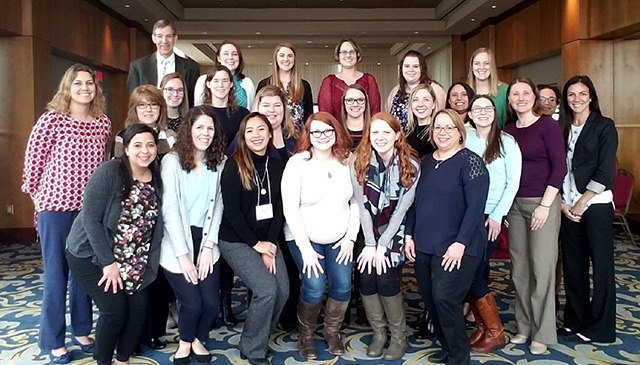
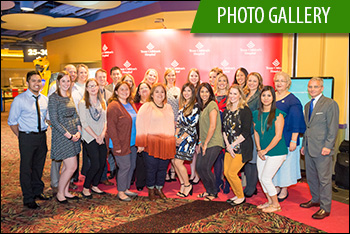 Because of the complexity of conditions seen at Texas Children’s, many patients and families view the health system and its staff as a family that supports them both inside and outside the hospital. That relationship was on full display November 15 when several patients of the Texas Children’s Craniofacial Clinic were given the opportunity to attend a free, early screening of the movie, Wonder.
Because of the complexity of conditions seen at Texas Children’s, many patients and families view the health system and its staff as a family that supports them both inside and outside the hospital. That relationship was on full display November 15 when several patients of the Texas Children’s Craniofacial Clinic were given the opportunity to attend a free, early screening of the movie, Wonder.


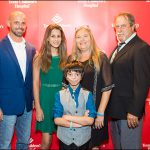

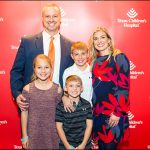
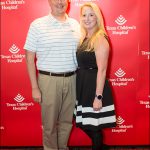

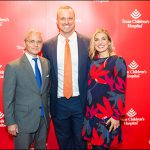



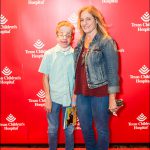

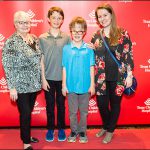

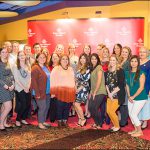



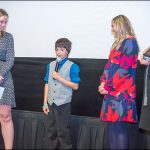

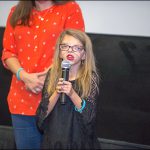
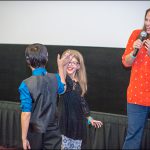
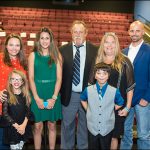
 As part of National Genetic Counselor Awareness Day on November 9, Texas Children’s recognizes the crucial role our genetic counselors play every day for our patients and their families. In fact, genetic counselor was named one of the “25 Amazing Healthcare Support Jobs” and one of the “100 Best Jobs” in 2017 by U.S. News and World Report.
As part of National Genetic Counselor Awareness Day on November 9, Texas Children’s recognizes the crucial role our genetic counselors play every day for our patients and their families. In fact, genetic counselor was named one of the “25 Amazing Healthcare Support Jobs” and one of the “100 Best Jobs” in 2017 by U.S. News and World Report.



